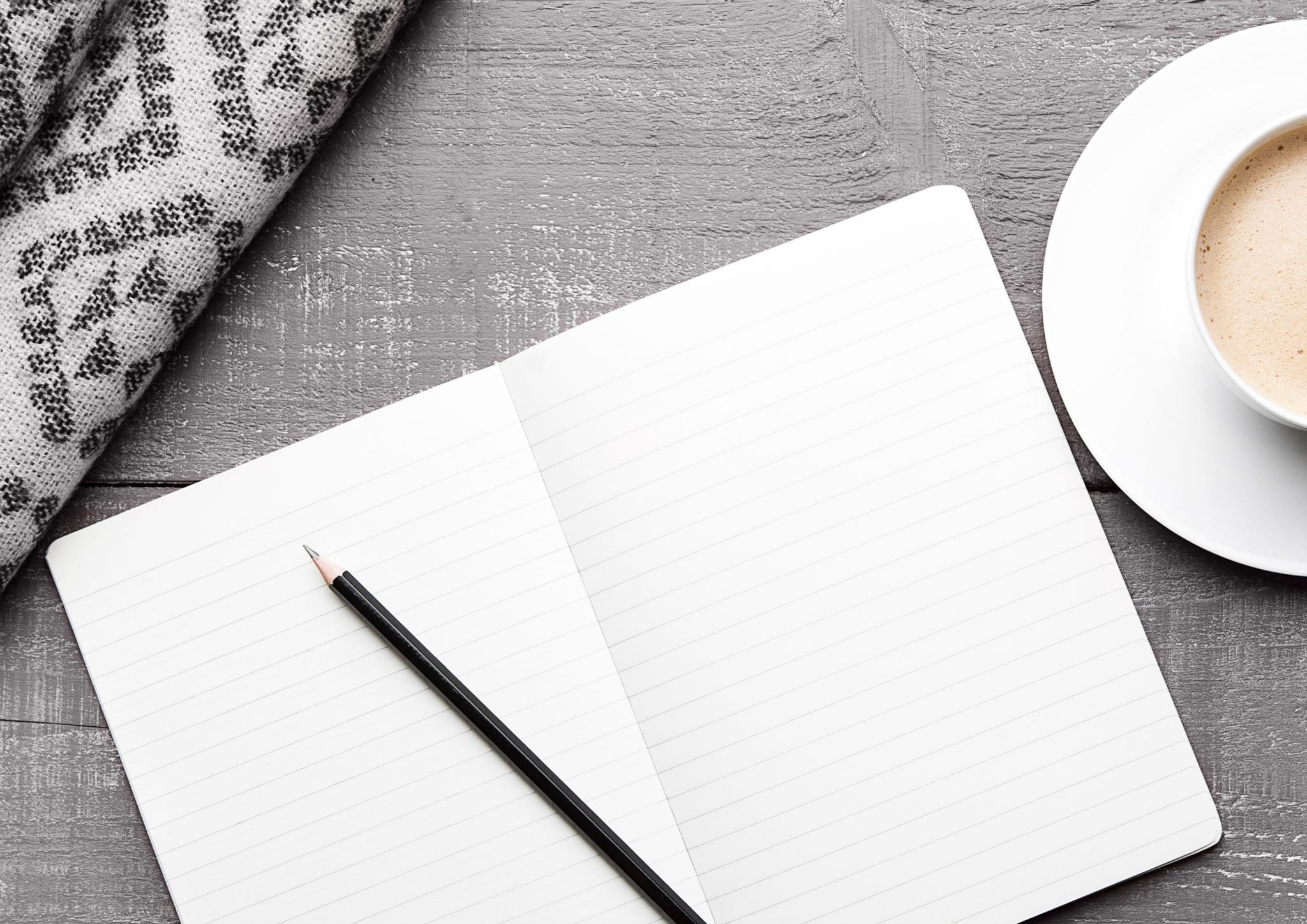By this point, you’ve probably heard about the benefits of keeping a journal. From providing a space to clear your mind to being able to track your ideas, journals can be incredibly useful. As an avid writer, I lug my journal everywhere — even to the local grocer barely two blocks away. I’ve learned a thing or two about the practice, and if you know me, you’ll know that I encourage everyone to keep a journal, because there’s value in putting your thoughts on paper.
Journaling isn’t as complicated as it seems. The beauty of the practice is the process — the ability to write whenever and wherever you desire. I’ve found that if you take it too seriously, it will take the magic out of it. If you want to start journaling but don’t know where to start, here are some of my tips for getting started.
Find something to write on and get comfortable
Whether you have a fancy new notebook, a spare sheet in your lab notebook, or even the notes app on your phone, this will suffice. Try to find a sense of comfort wherever you are. It doesn’t matter if you are in a quiet, focused environment or on a busy bus listening to the chimes of commuters tapping on and off. Feel yourself sink into your seat. Take a deep breath and turn to your blank page.
Before you can overthink it, write something down
Try to articulate the thoughts in your mind, as you write you will transform these from clouds to words. As people, and students especially, we can often find ourselves in an endless loop of thought. Journaling is about finding a thread that gives you a better perspective on that loop.
A common misconception about journaling is that it requires a completely blank state of mind. When I journal, it’s often actually the opposite. The goal is to log what is inside your brain, unfiltered, exactly as it is. Although this might feel like the hardest step, it’s the most important and it gets easier with practice.
Some days, you’ll have more to write than others. Other days, you might have less. For those times where you don’t feel like looking inward, here are some prompts to get the juices flowing:
- What was the first thing you thought about when you woke up this morning?
- Write a letter to someone you think about a lot? When you’re done, decide whether to store or send it.
- Describe the perfect day.
- If you knew you couldn’t fail, what would you do?
- If you were to declutter your brain, what would you release?
- Make a list (about anything you want)
- How was today different from yesterday?
At the end of the day, don’t take it too seriously. You should treat journaling as a physical manifestation of your brain — it is for your eyes only. You don’t need to worry about a potential reader or how you might be perceived by another person. You can express yourself, however you want to. Whether that involves pictures, words, or colours, treat it as a brain dump, in the most literal sense. I’m challenging you to stop reading and put pen to paper. Whether you’re a long time writer or new to journalling, it’s time to write something.





